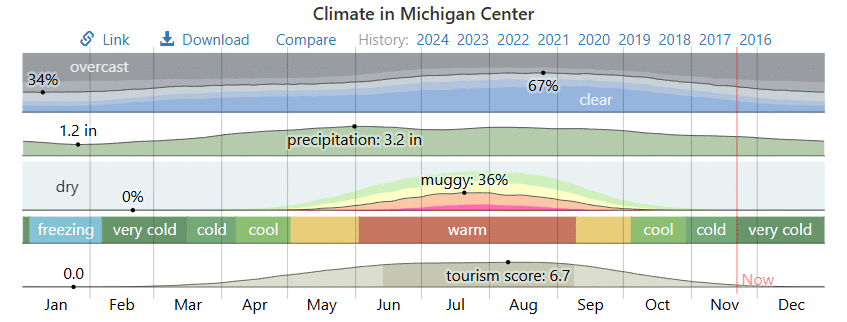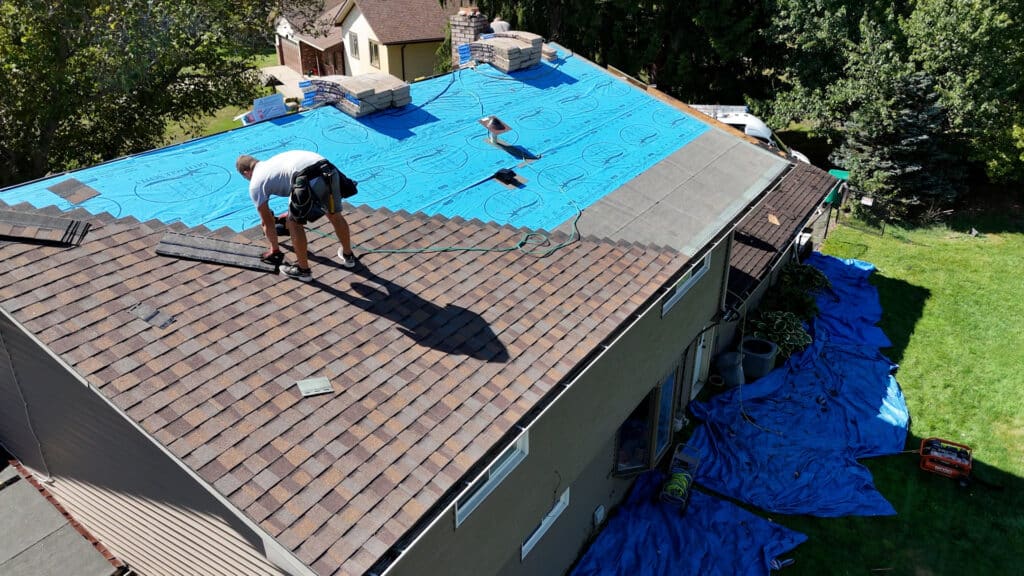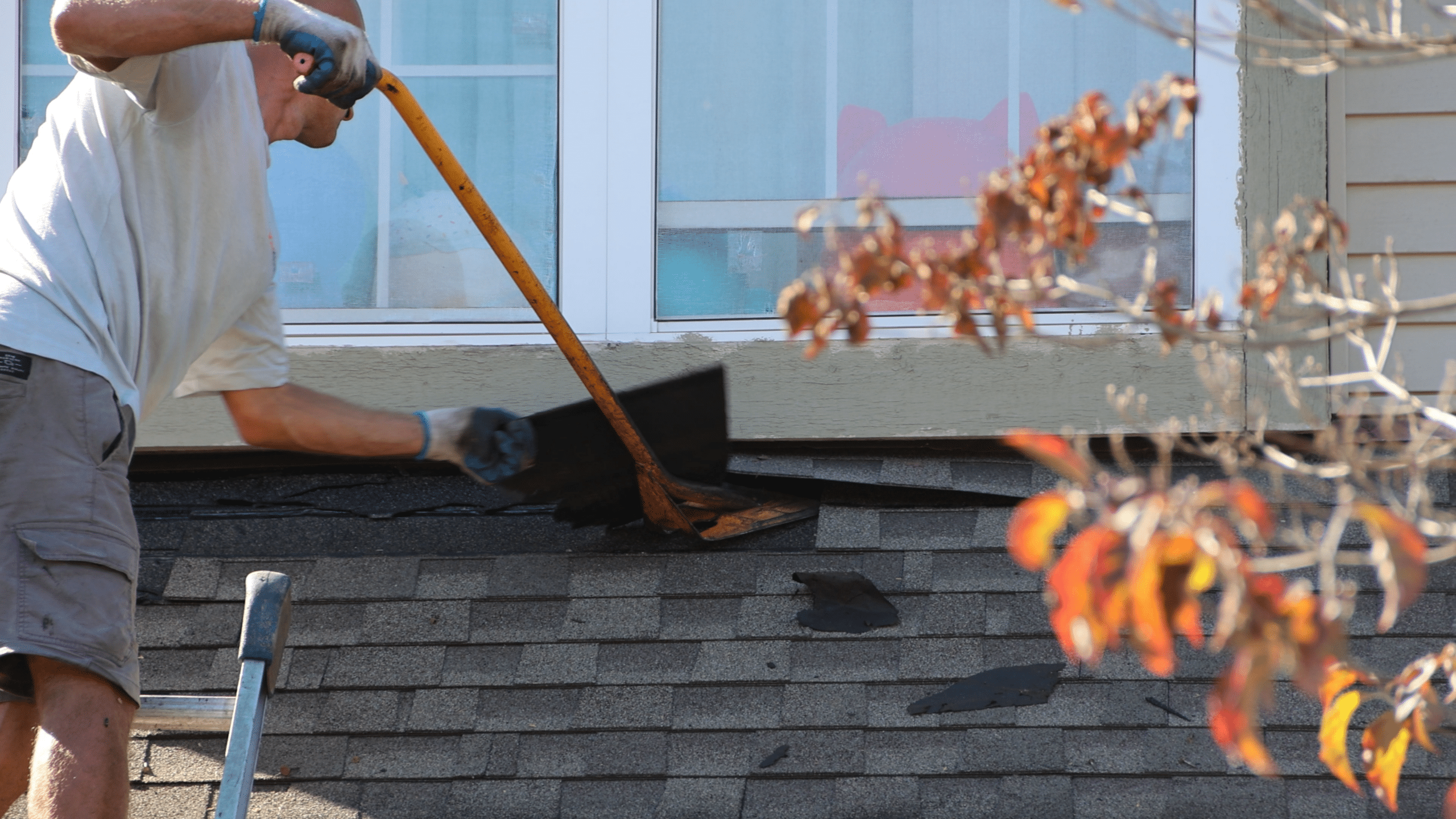Introduction
Replacing a roof is one of the most significant investments a homeowner can make. In Michigan, where the weather can be unpredictable, the timing of this essential maintenance is crucial. Understanding the best time of year to replace your roof can save you money, ensure quality workmanship, and extend the life of your new roof. This article explores the pros and cons of replacing your roof in each season, providing a comprehensive guide to help you make an informed decision.
Understanding the Importance of Timing
Timing plays a vital role in the roofing replacement process. Not only does it affect the cost and availability of contractors, but it also impacts the quality of the installation due to weather conditions. Each season has its own characteristics that can either benefit or hinder the roofing process. Homeowners should consider factors such as temperature, precipitation, and contractor availability when planning their roof replacement.
In Michigan, the climate varies significantly throughout the year. Each season brings different challenges and advantages that can affect the roofing materials and the installation process. Therefore, understanding these seasonal dynamics is essential for homeowners contemplating a roof replacement.

Spring: A Popular Choice
Pros of Replacing Your Roof in Spring
Spring is often considered one of the best times to replace your roof in Michigan. The temperatures are milder, typically ranging from 40°F to 70°F, allowing for better working conditions for roofing crews. This season also marks the end of winter, when snow and ice have melted, revealing any hidden damage. Many homeowners choose spring to ensure their roofs are ready for the summer storms that can occur in Michigan.
Additionally, spring offers increased availability of contractors as the demand has not yet peaked. With a wider selection of professionals to choose from, homeowners can often secure better rates and maintain more control over the scheduling of their roofing project.
Cons of Replacing Your Roof in Spring
Despite its advantages, spring can also present challenges. The season is notorious for unpredictable weather, including rain showers that could delay the installation process. Wet conditions can compromise roofing materials and potentially lead to issues with adhesion and finishing touches. Furthermore, if homeowners wait too long into the spring, they may find themselves competing with others for limited contractor availability as demand begins to rise.
Lastly, if a home is located in an area prone to spring storms, there is a risk of needing immediate repairs before the new roof is installed, adding to homeowner stress and costs.
Summer: Peak Season for Roofing
Pros of Replacing Your Roof in Summer
Summer is considered peak roofing season in Michigan, with plenty of warm, dry days suitable for installation. The consistent weather patterns provide a reliable environment for roofing jobs, ensuring that materials are applied correctly and set properly. Many homeowners also find it convenient to schedule roofing work during the summer months when they are typically engaged in home improvement projects.
Another advantage of summer roofing is that many contractors are fully staffed and can complete jobs more quickly. Homeowners can often expect a smooth and efficient process, leading to a rapid turnaround time for replacing their roofs.
Cons of Replacing Your Roof in Summer
However, summer also has its drawbacks. The increased demand for roofing services can lead to higher prices and limited contractor availability. Homeowners may need to book appointments well in advance to secure a reputable contractor, and they may face long wait times before the job begins.
Moreover, extreme heat can pose challenges for roofing crews. Working in high temperatures can lead to heat-related illnesses and may affect the quality of work if breaks are not taken. Additionally, certain materials, like asphalt shingles, can become too pliable in the heat, leading to potential installation issues.
Fall: Ideal Conditions
Pros of Replacing Your Roof in Fall
Fall is often heralded as the ideal time to replace roofs in Michigan, primarily due to the mild temperatures and lower humidity levels. With average temperatures ranging from the mid-50s to mid-70s, conditions are generally perfect for roofing installations. The risk of extreme weather events diminishes, and the chances of rain are lower than in spring.
Furthermore, as the summer rush dies down, contractors are often more available and may offer discounts to secure jobs before winter sets in. Homeowners benefit from more competitive pricing and personalized service. Fall roofing projects can also ensure that the roof is well-prepared to withstand Michigan’s harsh winter conditions.
Cons of Replacing Your Roof in Fall
Despite its advantages, fall roofing replacements do come with challenges. As the season progresses, homeowners must be aware of the approaching winter weather. Delays due to rain or early snow can create a rush to complete jobs, potentially compromising quality. This pressure may lead to hurried work, which could affect the long-term performance of the roof.
Additionally, if a homeowner waits too long into the fall, they may find themselves competing with others to secure a contractor, leading to possible delays in service. Early snow can also create conditions where roofing installations are unsafe for workers.
Winter: A Surprising Option
Pros of Replacing Your Roof in Winter
While winter is generally viewed as an unfavorable time for roof replacements in Michigan, it can have its advantages. For one, contractors often have reduced workloads during the winter months, making them more available and potentially more flexible with pricing. Homeowners may find significant savings, as many contractors offer winter discounts to attract business during this slower period.
Additionally, certain materials, such as metal roofing, can be installed in colder temperatures without issues. As long as there is no ice or snow on the roof, roofing installations can proceed effectively. For homeowners willing to brave the cold, winter can present opportunities for cost savings and timely service.
Cons of Replacing Your Roof in Winter
Conversely, winter roofing comes with significant challenges. Cold temperatures can hinder the installation of many roofing materials, particularly asphalt shingles, which require specific temperature conditions for proper adhesion. Ice and snow create hazardous working conditions that can lead to delays and safety concerns for roofing crews.
Moreover, the risk of inclement weather is heightened in winter, with snow and ice potentially causing unanticipated project delays. Homeowners should proceed with caution when considering a winter roof replacement, ensuring they work with experienced contractors familiar with winter roofing best practices.

Comparative Analysis of Each Season
Cost Considerations
Cost is a significant factor when deciding the best time to replace your roof. Generally, spring and fall may offer more competitive pricing due to lower demand compared to the peak summer season. Winter can also provide cost-saving opportunities, but homeowners must weigh these savings against the potential risks and complications that can arise from cold weather.
It’s crucial to obtain multiple quotes from contractors across different seasons to ensure homeowners are making informed decisions based on their budget and needs.
Weather Impact
Weather significantly impacts roofing installations throughout the year. Spring brings unpredictable rain, summer offers heat but also storms, while fall maintains favorable conditions that can quickly shift to winter hazards. Homeowners should consider local climate patterns, as well as recent weather events that may have affected their roof, when planning their replacement project.
Ultimately, the best season for roofing will depend on the specific needs of the homeowner, the condition of their existing roof, and their ability to navigate potential weather-related challenges.
Availability of Roofing Contractors
Contractor availability fluctuates with the seasons, often peaking during the summer months. Homeowners may find a wider selection of contractors during spring and fall, but winter can also provide opportunities for quick scheduling. Engaging with contractors early and understanding their availability can help homeowners align their roofing projects with the optimal conditions for their specific needs.
As the seasons change, so do the strategies of contractors. Being proactive about scheduling and knowing when contractors are most available can significantly impact the timeline and success of a roofing replacement.
Conclusion: Finding the Best Time of Year to Replace Your Roof
In conclusion, the best time of year to replace your roof in Michigan depends on various factors including weather conditions, contractor availability, and cost considerations. Each season presents unique advantages and challenges that homeowners must navigate. Spring and fall are generally favored for their mild conditions and competitive pricing, while summer offers efficiency but can lead to higher costs and longer wait times. Winter, while often overlooked, can provide savings, provided homeowners take necessary precautions.
Ultimately, the key to a successful roof replacement lies in planning thoroughly, understanding the dynamics of each season, and working with experienced professionals like BCM Roofing who can provide guidance tailored to your specific situation.
FAQs
1. What is the best season to replace a roof in Michigan?
The best seasons are typically spring and fall due to mild temperatures and lower humidity.
2. Can roofs be replaced in winter?
Yes, roofs can be replaced in winter, but it requires careful consideration of weather conditions and material types.
3. How do weather conditions affect roofing installations?
Weather conditions can impact the quality of installation, with rain or extreme heat potentially compromising roofing materials.
4. Are there cost savings for replacing a roof in the winter?
Yes, many contractors offer discounts during the winter months due to lower demand.
5. How can I find reliable roofing contractors?
Obtain multiple quotes, check reviews, and ensure contractors are licensed and insured to find reliable services.
